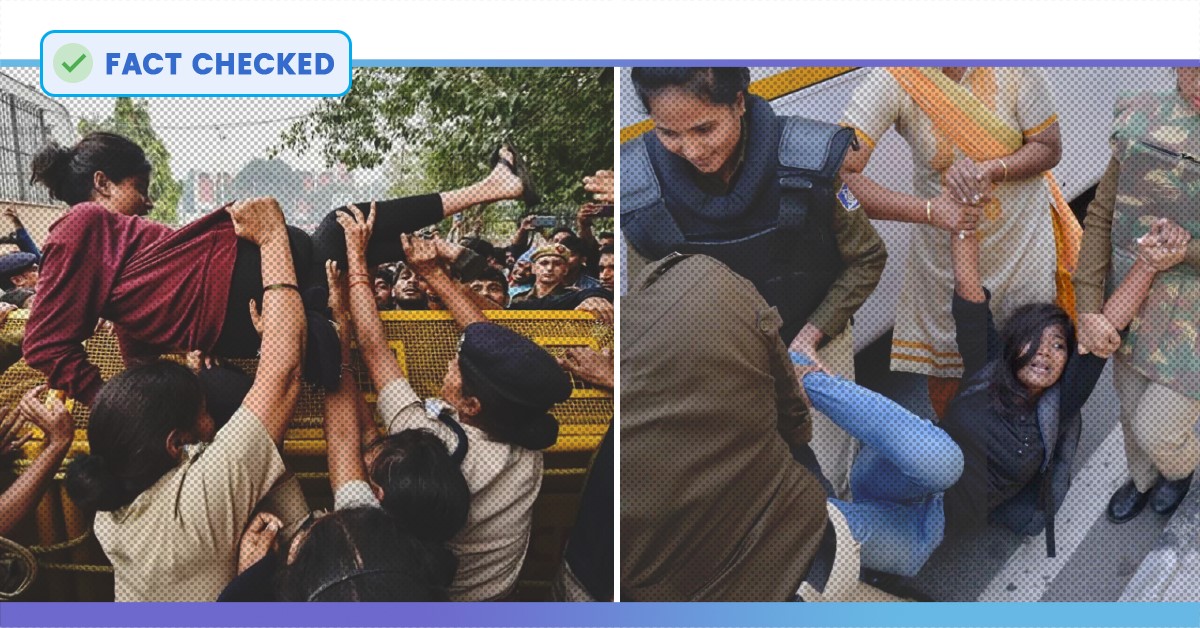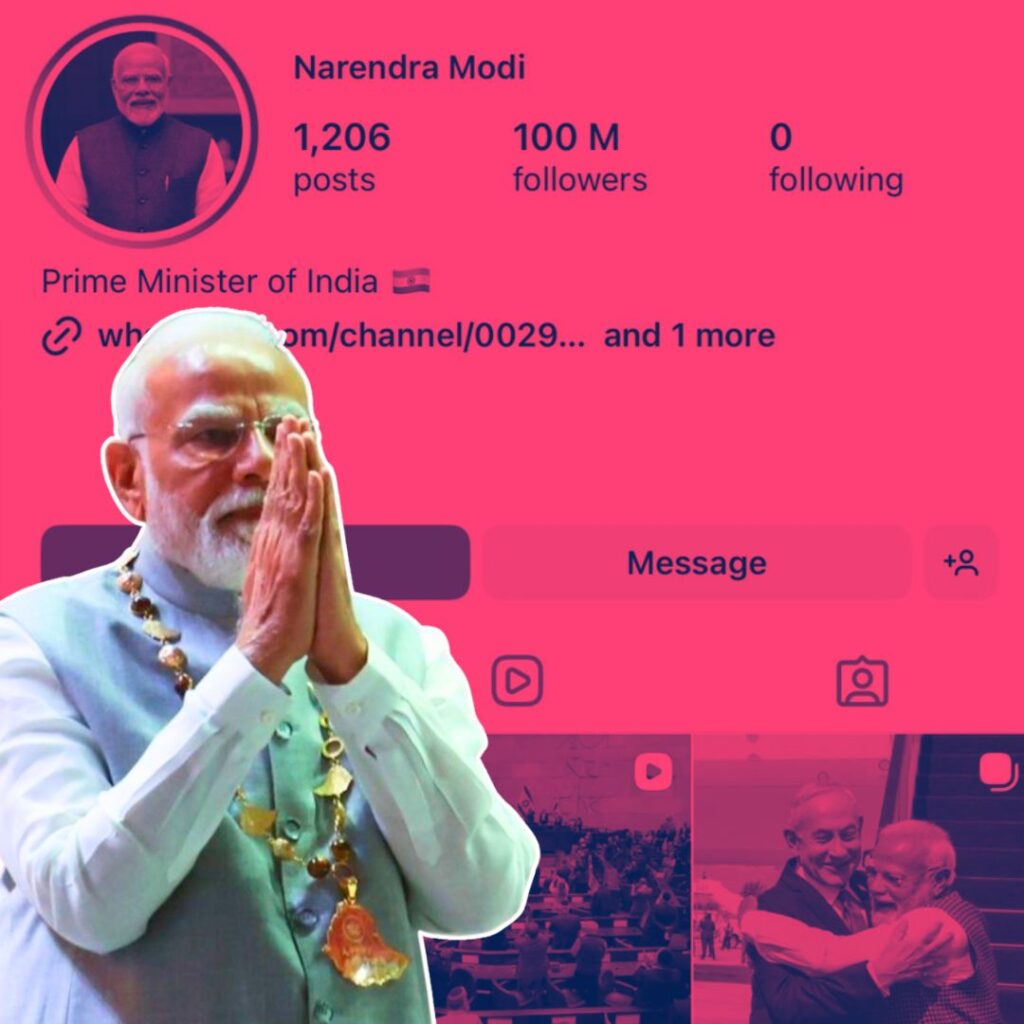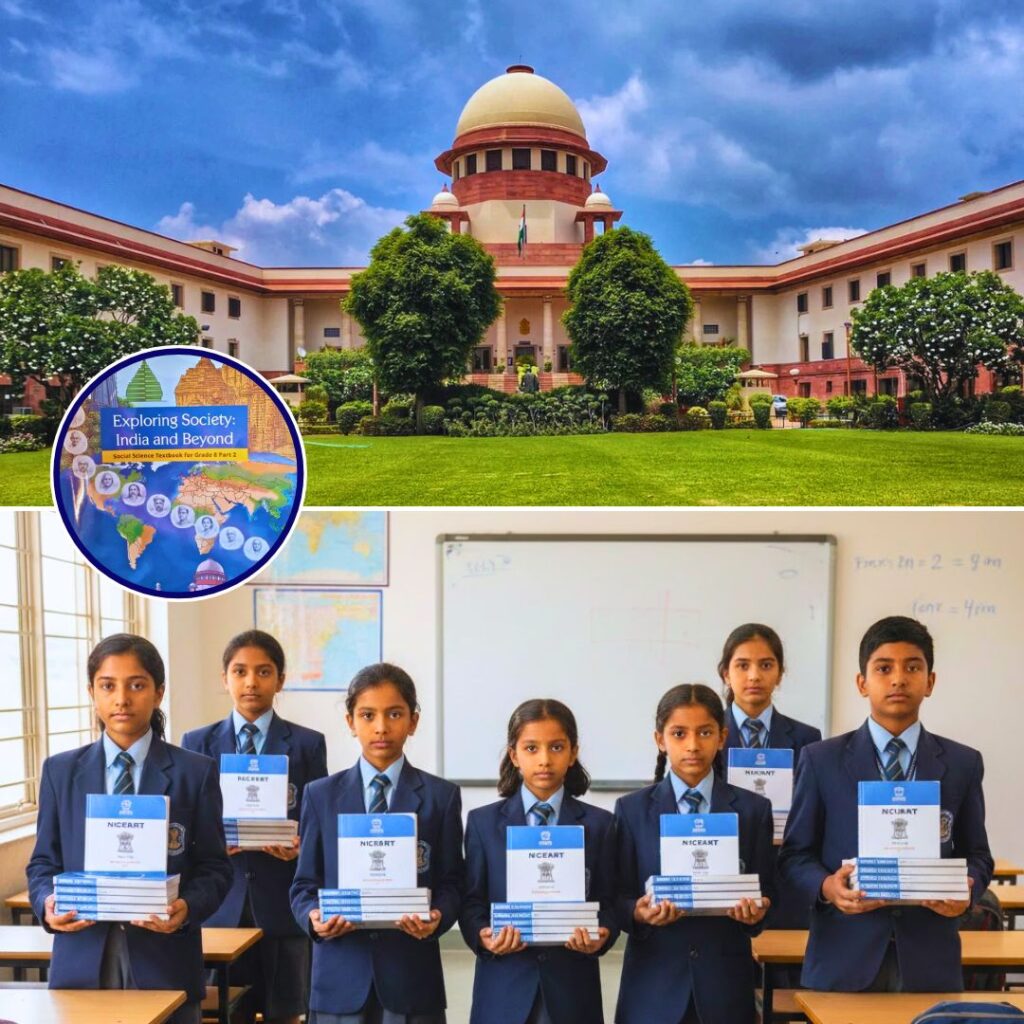Students of Jawaharlal Nehru University have been protesting in Delhi against the administration since October 28 after new rules were brought out, which spoke about the hike in hostel fees and other amenities being provided to them, as well as a curfew time of 11 PM or half an hour after the library shuts down, whichever is earlier. A note on dressing appropriately in the mess was also given in a press release. Levying of new Rs 1700 monthly service charge is a major contention among the students.
On 11 November, students protested in front of Vice President Venkaiah Naidu when he came to the campus. On November 13, the university administration announced a rollback of the fees, but it was only partial, with the provision made only for students from the Below Poverty Line category.
The protests by JNU students have taken the country by storm, with many supporting the protest, and many others opposing it. A lot of Twitter users slammed the protesters, asking for the logic behind them protesting against hike in ‘monthly hostel fee by Rs 300’.
We pay tax so that these anti national students eat them. We want to #shutJNU for #JNUMuftkhorStudents
— D Crusader ⚔️������⚔️ (@deepsparadice) November 20, 2019
#leftkillingjnu
Bloody bhookads.
We spend ₹10 to pee twice in a sauchalaya and they pay ₹10 to stay in the hostel for an entire month.#ShutDownJNU #ShutJNU #closedownjnu #JNU_को_बंद_करो #JNUFreebies #JNU_में_हराम_का_खाना_बंद_हो— Rajesh Gehani ���� (@rrgehani) November 18, 2019
@PMOIndia @narendramodi Its time to shut down JNU, if we can remove article 370 then JNU should be simple task. Just stop wasting hard earned tax payer money on this nonsense #SHUTJNU
— Utsav Shah (@UtsavSh50758899) November 14, 2019
Meanwhile, there were people who also put social media posts explaining why they were protesting against the fee hike
This is JNU. This is what public funding in higher education can achieve- it can break the inter generational vicious cycle of poverty! JNU changes lives because education changes lives.. #StandWithJNU #JNU #JNUFeeHike https://t.co/35V9t4XcaP
— Swara Bhasker (@ReallySwara) November 19, 2019
Meet Venkatesh Posagalla, a Dalit & first generation learner doing MA from JNU. His father had a small scrap shop, & died 2 yrs back. Now his mother is running it. Fee hike will force him to drop out. See how the govt deals with him when he protests.#FeesMustFall#StandWithJNU pic.twitter.com/jNV6X6jWm6
— SFI Delhi (@SfiDelhi) November 20, 2019
If you’re against free education or sasta fee, then trust me you’re against 21.2% Indians who live in extreme poverty and you’re against their education rights.
Students in JNU are fighting for their rights.
STOP MOCKING THEM.#StandWithJNU #FeesMustFall— ���������� �� (@swetapriya002) November 20, 2019
Are these posts on social media correct, or misleading? The Logical Indian finds out.
Fact Check
The Logical Indian went through news articles related to the protest and also through portals of a few Central Universities to find out if the posts are misleading.
What are the current fees students have to pay?
The fee hike, which was announced on October 28 left the students in shock. Students currently pay Rs 2200 as yearly establishment charges, along with Rs 250 as crockery maintenance charge. Other charges include a yearly newspaper bill of around Rs 600. With room rent of Rs 10 to 20, people pay around Rs. 3170 to Rs. 3290 per year without food bill. With the mess fees of around Rs 2500, it comes up to around Rs 32000 to Rs 33000 per year.

If the change in the hostel fees get implemented, what they will have to pay?
Now that the room rent has increased to Rs 300 for a double room and Rs 600 for a single room, as well as Rs 1700 service charge monthly is being imposed on the students, the yearly cost comes up to around Rs 60000 and above with mess fees. People from the eligible BPL category have to pay around half the amount, which goes up to a maximum of Rs. 46000, which is still a lot as compared to the previous charges. And these fees don’t include other charges related to education and living, the students incur.
Adding to the above information, around 40 percent of JNU students hail from families which earn less than Rs 12000 monthly, and 27 percent of students hail from families which earn around Rs 6000 a month.
The Logical Indian looked at other hostel and mess fees in Central Universities around India, and these are what we found out.
University of Hyderabad: There are three payment slabs.
People from General, OBC and Economically Weaker Sections pay around Rs 2500 as refundable mess deposit, Rs 500 per semester for rooms, Rs 250 for yearly maintenance of crockery and Rs 600 as hostel fund, which totals upto Rs 3850.
SC/ST category students are exempted from room rent and pay Rs 400 for hostel fund. They still pay Rs 2500 as refundable mess deposit and Rs 250 as crockery maintenance fund, which totals upto Rs. 3150
SC/ST category students whose annual income is below Rs. 2 lakh per annum (With a valid income certificate) are again exempted from room rent and pay Rs. 400 for hostel fund.. They pay Rs. 1500 as refundable mess deposit and Rs. 250 as crockery maintenance fund, which comes up to Rs. 2150.
Banaras Hindu University, Varanasi: Students living in the hostel have to pay around Rs 4500 (For Indian Students) and Rs 7850 (For International Students) for room rent annually.
Jadavpur University, Kolkata: While degree students have to pay a monthly rent of Rs 25 as room and electricity charges combined, Research scholars have to give Rs 450 as room and electricity charges monthly. At the time of admission, mess advance of around Rs. 3000 is also collected.
Jamia Millia Islamia, New Delhi: The university collects around Rs 29750 annually from hostellers. This is inclusive of maintenance, electricity and hostel fees.
Aligarh Muslim University: Students have to pay around Rs 14000 per annum for their room charges. Around Rs 12000 per annum has to be paid for mess facilities.
These are the other central universities which have lesser fees than JNU.
Are JNU students too old to do PhDs?
The average age anywhere, and around India to complete PhD varies around the late 20s and early to mid-30s, according to to a study by Organisation of Economic Cooperation and Development.

Holding a degree or a PhD is a matter of pride for many people who come from weaker sections, and JNU gives them the opportunity to access good education and exposure at very reasonable rates as the university has special provision for students coming from weaker sections of society or regions where higher education is not preferred. Their education is paid for by the Government, through our taxes.
Conclusion
The students have put forth their vehemence against the fee hike and the treatment meted out to them. From the above information, we can conclude that with the fee hike, JNU is set to be one of the costliest central universities and it will be difficult for students from weaker sections to afford it.
Also Read: Whether Price Hike Rollback Of JNU Is Indeed A Major One?













